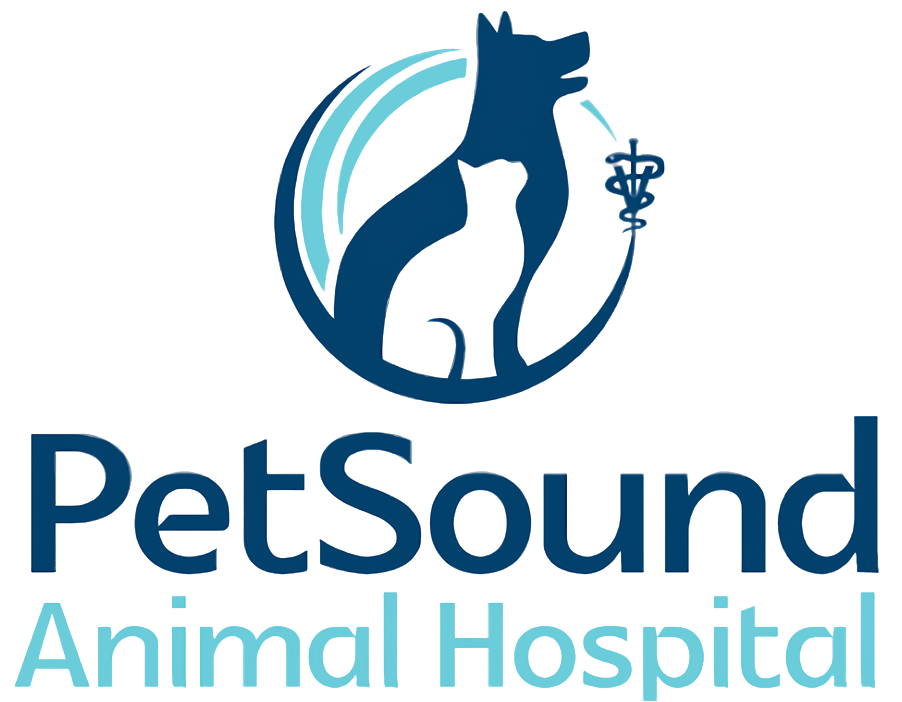Articles
-
Simethicone is an anti-gas agent used to help treat pain, bloating, and flatulence caused by excessive gas in the gastrointestinal tract of cats, dogs, and other animals. It works as an anti-foaming agent by reducing surface tension on gas bubbles.
-
A biopsy is one of the more common diagnostic procedures performed in dogs. Biopsies provide valuable insight into the type of cells in an abnormal area of skin or a skin growth and whether the growth poses a more serious health threat to your pet. Either the entire mass or a small representative section of skin is removed and submitted to a veterinary pathologist, who will perform a histopathology analysis. The pathologist will attempt to determine the nature of the lesion, identify the type of cells and their relationship to each other, as well as any evidence of malignancy.
-
Skunks spray volatile compounds from their anal sacs if they feel threatened by a potential predator such as a dog. If sprayed in the face your dog may need veterinary care, as corneal damage can occur if sprayed in the eyes, and vomiting, diarrhea, or anemia can result if sprayed in the mouth.
-
Slippery elm is given by mouth and is used over the counter to treat cough and stomach upset in dogs and cats. Give as directed by your veterinarian.
-
Smectite (Bio-Sponge®) is an intestinal support supplement used in various animal species, including dogs, cats, horses, cattle, and small ruminants. It has adsorbent properties may help bind toxins, bacteria, viruses, and free-radicals in the intestinal tract.
-
Smoke inhalation injuries are caused by a combination of heat and airborne toxins. Clinical signs of smoke inhalation vary, depending on the materials contained within the smoke and how much smoke the dog inhales. Common signs include coughing, shortness of breath, eye injuries, and burns. Neurologic signs can also occur, especially in cases of carbon monoxide inhalation. Treatment typically involves oxygen therapy and other supportive care measures.
-
The most common venomous snakes in North America include rattlesnakes, copperheads, cottonmouths, and coral snakes. Clinical signs vary, but generally there is extensive swelling that often spreads rapidly. Venomous snakebites are medical emergencies requiring immediate attention.
-
Dogs, like people, are social by nature and spending time with other dogs can be fun and can provide aerobic exercise that is good for the mind and body. Organized play dates or play groups allow you to meet up with compatible canine playmates. This handout outlines some options and key safety considerations.
-
Sodium chloride (hypertonic) ophthalmic is a topical medication used to reduce surface (corneal) swelling of the eye in cats and dogs. Sodium chloride is available without a prescription but should only be used under the direction of a veterinarian. It may be used “off label” or “extra label” to treat eye conditions in animals other than cats or dogs. Sodium chloride (hypertonic) ophthalmic comes in ointment and liquid drop form. Avoid use in animals with corneal ulceration or dry eye.
-
Soft tissue sarcomas are a broad category of tumors that can develop over the chest, back, side, legs, and facial tissues of your pet. The clinical signs depend on where the tumor is located and the tissues that are affected. Often, pets have a noticeable mass that is growing in size. One of the biggest concerns with soft tissue sarcomas is their ability to invade the local surrounding tissues. The most commonly pursued treatment is surgery. Chemotherapy is not usually pursued as a primary treatment unless surgery or radiation are not options for your pet based on the tumor size or location.

